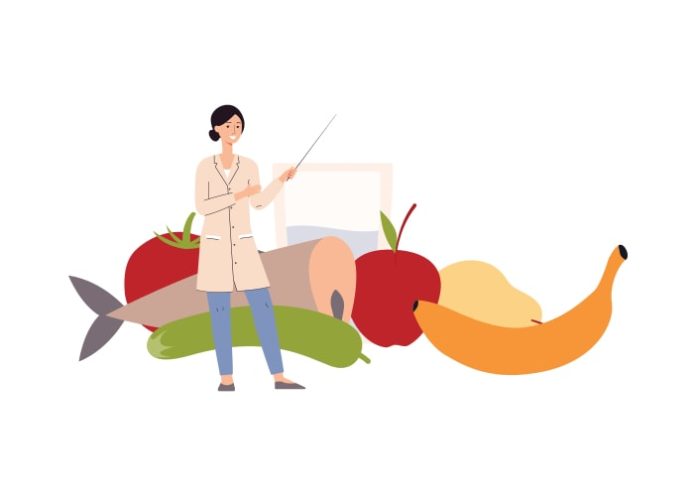
Cervical cancer affects many women worldwide, and researchers have long sought to uncover factors that can influence its development, including the role of diet.
While no food can prevent cancer by itself, understanding the dietary influences on cervical cancer can help individuals make informed choices about their health.
The cervix is the lower part of the uterus that opens into the vagina. Cervical cancer is caused by the human papillomavirus (HPV) in most cases, but lifestyle factors such as diet can play a significant role in managing the risk and progression of the disease.
Here, we explore what research suggests about the link between diet and cervical cancer.
Firstly, it’s important to highlight the role of fruits and vegetables. Studies consistently show that a diet high in fruits and vegetables can lower the risk of developing cervical cancer.
These foods are rich in vitamins, minerals, and antioxidants, substances that protect the body’s cells from damage.
For example, antioxidants like vitamin C and beta-carotene help defend against the harmful effects of free radicals, unstable molecules that can damage cells and lead to cancer.
A study published in the ‘Journal of the American Dietetic Association’ found that women who consumed high amounts of beta-carotene had a lower risk of cervical cancer.
Another significant dietary factor is folate, a type of B vitamin found in foods like leafy greens, citrus fruits, beans, and fortified cereals.
Folate plays a crucial role in DNA synthesis and repair, and adequate intake can prevent the DNA changes that might lead to cancer development.
Research indicates that low levels of folate in the body are associated with increased risk of cervical cancer, especially among women with HPV.
The role of dietary fat and meat intake has also been investigated in relation to cervical cancer. Some studies suggest that high consumption of fat, particularly animal fat, might be linked to an increased risk of cervical cancer.
This is believed to be due to the fact that fat consumption can affect hormone levels in the body, thereby influencing cancer risk.
Moreover, processed meats contain certain chemicals that can be carcinogenic. Thus, moderating intake of high-fat foods and processed meats is generally considered advisable.
Furthermore, recent research has explored the impact of dairy products on cervical cancer risk. While the results are mixed, some evidence suggests that dairy products might have a protective effect due to their calcium content.
Calcium has been shown to help regulate cell growth and to prevent abnormal cell division, which is a precursor to cancer.
Besides these specific nutrients, overall dietary patterns also matter. A diet characterized by high intakes of processed foods, sugars, and unhealthy fats, commonly referred to as a Western diet, has been associated with higher risks of various cancers, including cervical cancer.
On the other hand, diets that lean towards plant-based foods, such as the Mediterranean diet, which is rich in fruits, vegetables, whole grains, and healthy fats, have been shown to be protective against several types of cancer.
In conclusion, while diet alone cannot prevent or cure cervical cancer, it plays a crucial role in managing risk, especially for those already at risk due to HPV infection.
Eating a balanced diet rich in fruits, vegetables, whole grains, and low in processed foods and animal fats can contribute to overall health and potentially lower the risk of cervical cancer.
As always, it’s essential for individuals to consult healthcare providers to understand better their specific dietary needs and cancer risks.
Follow us on Twitter for more articles about this topic.
Copyright © 2024 Scientific Diet. All rights reserved.





